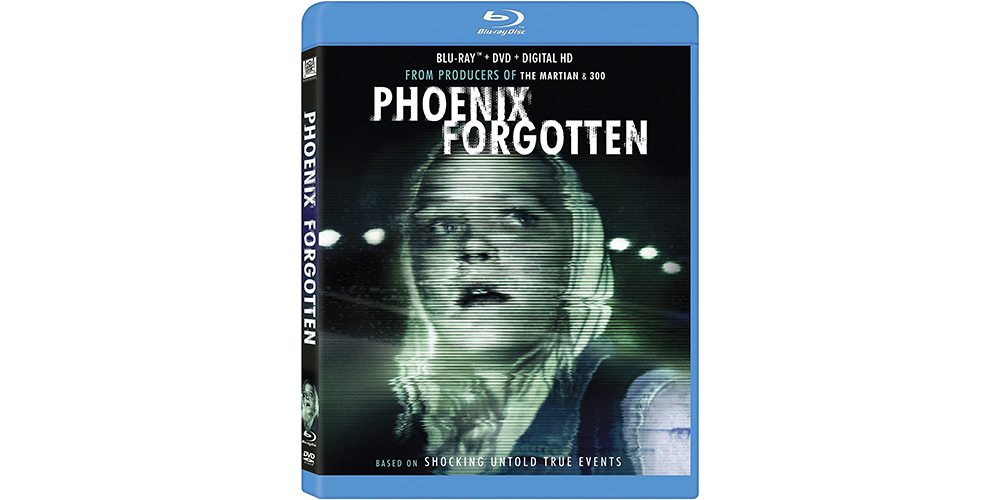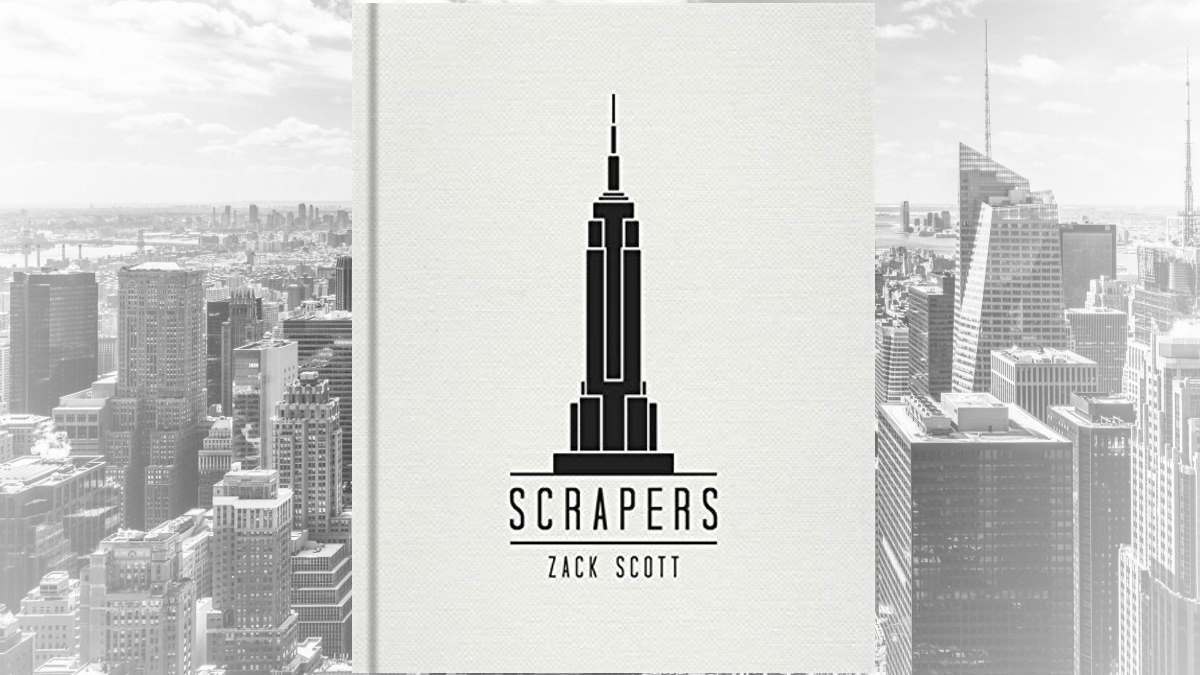
While the concept of found footage films dates all the way back to the 1980s, it was popularized in 1999 with the arrival of The Blair Witch Project. Since that time, many other movies have attempted to take this ultra lo-fi concept in new, exciting directions, giving us everything from the innovative Paranormal Activity to Spain’s visceral REC to the much-hyped Cloverfield. Earlier this year, first-time director Justin Barber and his writing partner T.S. Nowlin, aided by the famed Ridley Scott as producer, set to make their mark on the found footage thriller with sci-fi/horror film Phoenix Forgotten.
Jumping off from a real-life event—specifically, the “Phoenix Lights” spotted in Arizona and Mexico in 1997—Phoenix Forgotten cleverly leverages a young cast, a central “film within a film” conceit, and the allure of the unknown. Sadly, it alternately soars and struggles thanks to its core verisimilitude.
Twenty years after her brother Josh’s disappearance, Sophie Bishop returns to her childhood Arizona home, cameraman in tow, to try and uncover the truth behind this enduring mystery. Josh, himself a fledgling documentarian, had captured the Phoenix Lights phenomenon during Sophie’s own 6th birthday party, and, while later investigating with his high school friends Ashley and Mark, had seemingly vanished without a trace—save for some grainy video camera footage discovered in an abandoned SUV.
Phoenix Forgotten shines when it focuses on the human drama, both in the current world (such as pain and enduring heartbreak suffered by the families of the lost teens) and in the emotions that bleed through in Josh’s fuzzy, noisy, and otherwise era-appropriate found footage. His obvious crush on Ashley, Ashley’s ambition as a wannabe newscaster and discoverer of truths, and the hints of a love triangle that emerge when the two catch a ride with Mark into the barren deserts of the American southwest combine nicely with that intentionally amateurish camerawork to draw the viewer into the story.
As Sophie tracks down new leads and uncovers new pieces to the long-neglected puzzle, so do you. And as common men and women relive their grief and loss, it’s easy to feel a twinge of it yourself.
The visual effects, while minimal (as they primarily take place in a second, newly-discovered tape presented to Sophie by a teacher at the local high school), also work perfectly within the story itself. Bright lights oversaturate the footage, rocks and debris sweep through the frame as alien technologies warp gravity, and eerie noises creep into and recede from the otherwise warm but tinny audio tracks.
This reduces even the biggest of Hollywood set pieces—such as the second tape’s vague but still somehow telling reveal that there is, in fact, some otherworldly force at work—to an intimate experience, to an old school 4:3 square of worry and wonder and unforced human emotion. You experience it just as Sophie does, and it is rough and raw and real.
Phoenix Forgotten tells a story of love and loss, of adventure and misadventure, and it does so with a brand of quiet ambition that is both its greatest strength and its one true weakness. Interviews with still devastated parents and skeptical lawmen feel genuine, as do the frequent clips of our trio of ill-fated high-schoolers. In fact, they feel too real. Watching young people alternately ham-fistedly investigate and absentmindedly goof off almost seems like it’s happening in real-time. And that can get old. Fast. Even at a tidy 87-minute runtime.
In the Blu-ray extras, Barber and Scott both detail how they, on numerous occasions, simply set their young trio of actors free to let kids be kids with their retro video equipment. This certainly adds to the film’s overall sense of realism, but, as you can imagine, doesn’t always make for its most compelling scenes.
Overall, Phoenix Forgotten is a carefully crafted and lovingly detailed film. Sophie’s documentary, as she confronts everyone from the school to the military to her own community members, never feels forced, and Josh’s footage—especially that of the second tape—feels even more natural. If you’re looking for a movie with an emotional core and clever, layered storytelling, look no further. However, if you’re looking for a fast-paced, tense tale like Ridley Scott’s Alien or Blade Runner, you’ll likely come away disappointed.
Rated PG-13 for “terror, peril, and some language,” this is one you can share with your kids without fear of flagrant gore or nudity, but, as always, we at GeekDad encourage you to check it out yourself and come to your own conclusions about relative appropriateness for your family.
Review materials provided by: 20th Century Fox Home Entertainment



